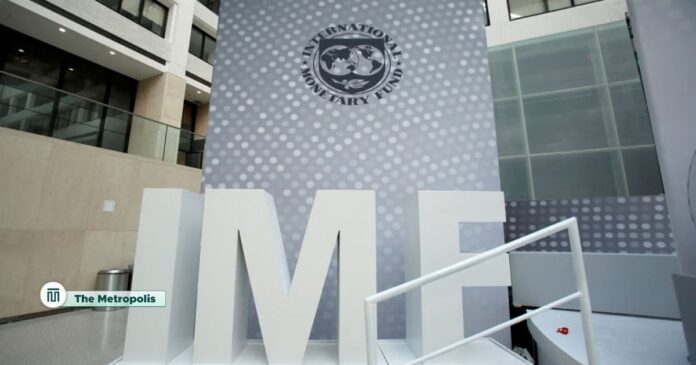The International Monetary Fund (IMF) is expected to recommend further reforms aimed at reducing subsidies and increasing revenue collection in exchange for an additional $3 billion loan requested by the interim government, according to a senior official from the lender in Dhaka.
A four-member IMF team, led by Mission Chief Chris Papageorgiou, is scheduled to visit Dhaka from September 24 to September 30 for preliminary discussions regarding the loan proposal. In January of last year, the IMF approved a $4.7 billion loan program for Bangladesh, which included various reform conditions related to subsidies and revenue, with $2.3 billion disbursed so far.
Yesterday, IMF Resident Representative in Dhaka, Jayendu De, met with Finance Adviser Salehuddin Ahmed to discuss the government’s reform priorities. Following the meeting, Salehuddin informed journalists that the IMF preparatory team would visit to provide financial support for various reform initiatives undertaken by the interim government.
The interim government is seeking budgetary support from multiple development partners, including the IMF, to address declining foreign currency reserves. According to the IMF, the upcoming reform program will primarily focus on subsidies and revenue.
During their visit, the IMF team plans to discuss the government’s strategy to reduce energy and fertilizer subsidies through price increases. They will also examine the allocation for fuel, fertilizer, and electricity subsidies in FY24, along with projections for FY25 and FY26.
When the third tranche of the $4.7 billion loan was approved in June, the IMF proposed alternatives to reducing agricultural subsidies, such as increasing fertilizer prices while providing cash transfers or vouchers to support poor farmers.
The IMF suggested raising domestic fertilizer production by enhancing natural gas supplies to existing factories, though they cautioned about the implications of reducing gas for other sectors. Additionally, the IMF recommended increasing electricity tariffs, which the previous government had agreed to implement progressively.
For the last fiscal year, the government allocated over Tk 1 lakh crore for subsidies and incentives, and the same amount has been earmarked for the current year.
On the revenue side, the IMF mission is expected to address over 25 issues, including an assessment of FY24 tax collections, commitments for future tax revenue measures, and plans for FY25 and FY26. They will also discuss a joint domestic revenue mobilization initiative with the World Bank and the impact of the income tax and customs acts on revenue collection.
On September 14, Julie Kozack, director of the IMF Communications Department, stated that the upcoming mission would evaluate recent economic developments and any potential financing needs. She emphasized the IMF’s commitment to collaborating closely with the interim government of Bangladesh to advance the reform agenda and support the people.



